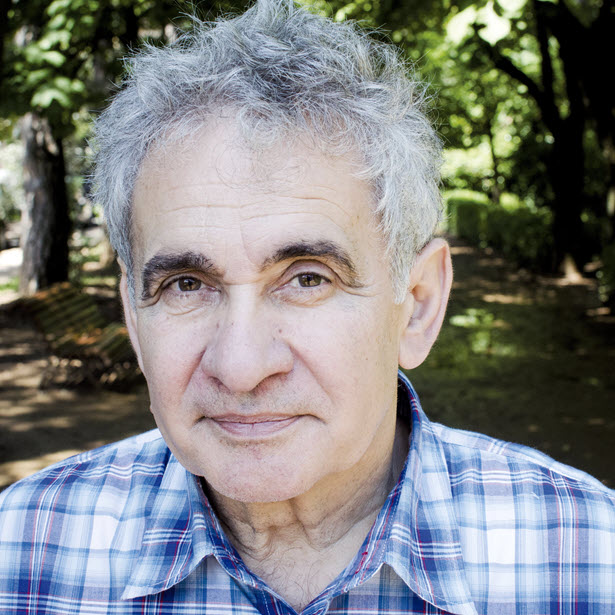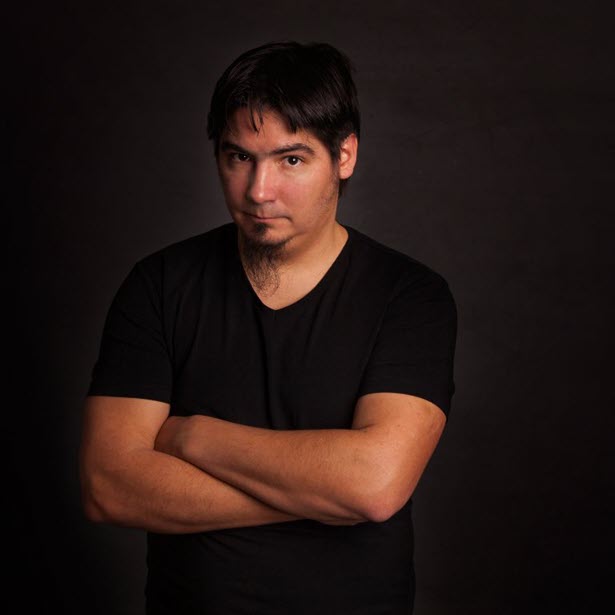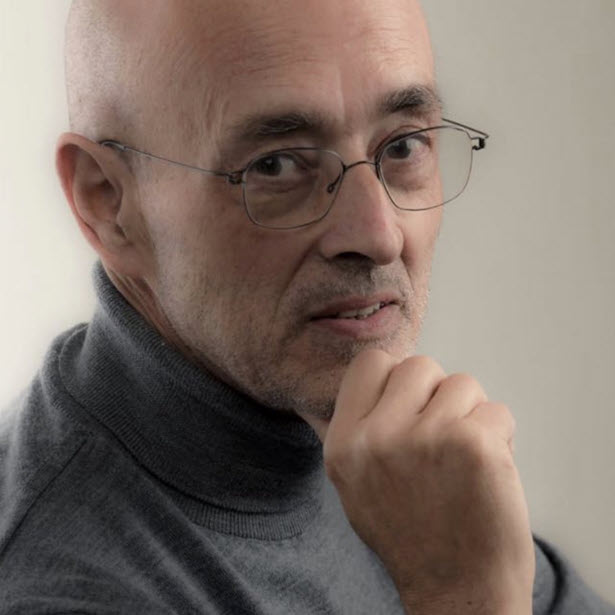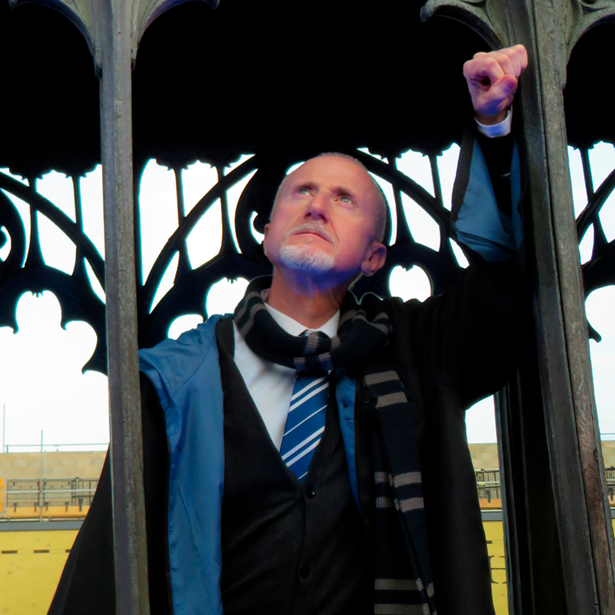By invitation only
Talks (X)
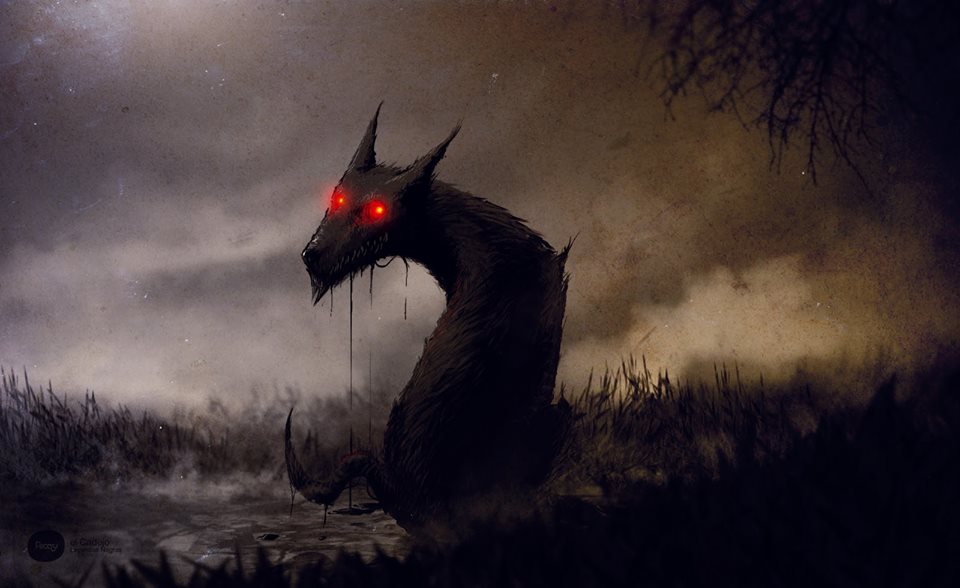
Artium Museoa
12 Nov
19:00-20:00
Bernardo Atxaga will write and present the closing reading of the first edition of Tartalo. Week of the Fantastic in the Arts.

Artium Museoa
6 Nov
11:00
Paul Urkijo will lead a relaxed debate on the fantastic in the arts as the opening of the first edition of Tartalo. I Week of the Fantastic in the Arts.

COAVN/A (Plaza del Renacimiento, 3)
8 Nov
18:30-19:30
18 examples of singular houses show us a way of living that is unique in the world, without conventions and rules, in contrast to the traditional architecture of the country.

Casa de la cultura Ignacio Aldecoa Kultur Etxea
10 Nov
19:30-20:30
J.R.R. Tolkien was an English linguist, philologist and writer. In that order. He was, above all, a linguist, a lover of languages, their grammar, their sound, and their evolution. He could speak more than twenty languages himself and, according to some, he managed to create around thirty-six of them. Those he developed most were the ones spoken by the elves: the quenya, based on the Finnish, and the sindarin, based on Welsh. But who are the elves? As a philologist, Tolkien knew that a language is nothing without a people to speak it, so he needed to create that civilization and grant it a culture and a world where the language could thrivea universe where two people could greet each other with the words ‘Elen sila lúmmen’ omentielmo’: ‘A star shines upon the hour of the meeting of our ways’. Tolkien would go on to claim that the whole of his literary creation was precisely an attempt to create a context where such a sentence would make sense. How does such a desire become real? His childhood in Birmingham, his student years in Oxford and the terrible experiences of the Great War formed the bases that would lead him to write a story called The Hobbit for his children, premiering a world, Middle-earth, where most of his stories would play out and his languages could be spoken. Bilbo Baggins’s success allowed him to continue developing that world, people and language in The Lord of the Rings and, to a greater extent, in The Silmarillion.
This site uses cookies. Find out more about cookies and how you can refuse them.
